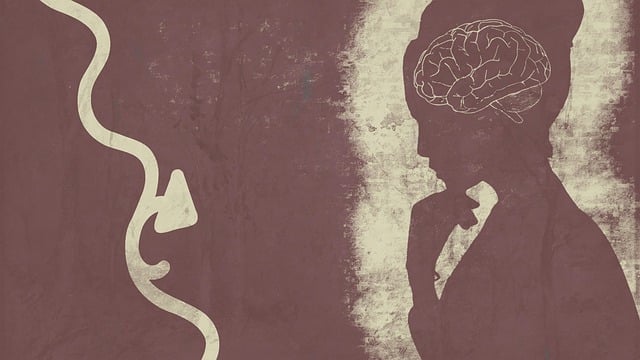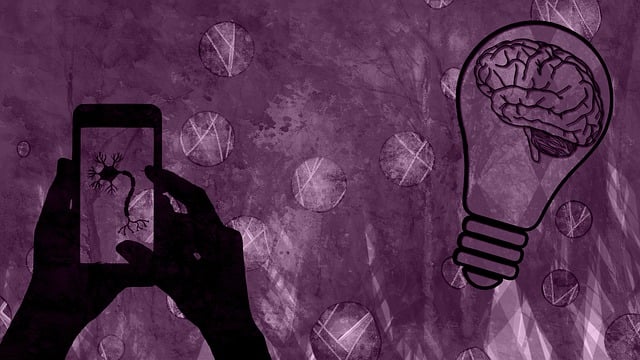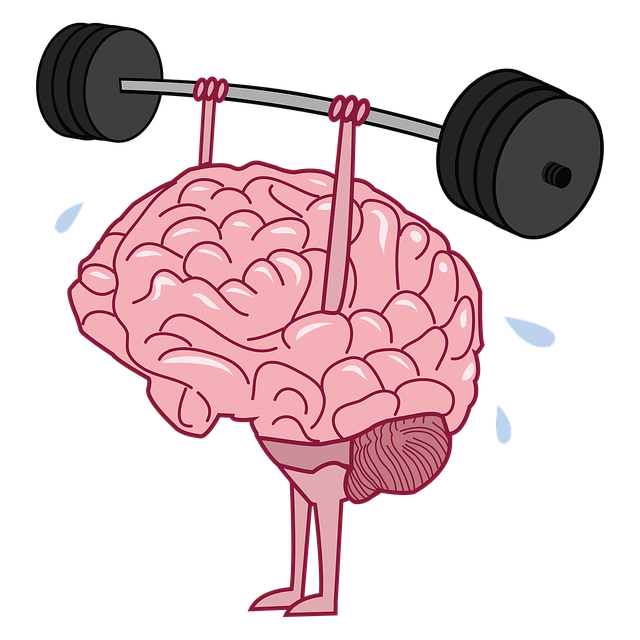Understanding Mental Illness Diagnoses: For young adults with a history of child abuse, navigating mental health journeys involves detailed evaluations by healthcare professionals leading to tailored therapy options like CBT and trauma-focused approaches. Effective treatment addresses past trauma's impact on present challenges, emphasizing cultural competency training for providers. Despite barriers including stigma and limited access, evidence-based practices empower individuals to cope, heal, and improve mental wellness through therapy, self-care, and support systems.
Mental illness diagnosis and treatment navigation can be a complex, intimidating journey—especially for young adults. This article guides you through key aspects of this process, from understanding mental health diagnoses and the profound impact of child abuse on young adult mental well-being to navigating effective therapy and support systems. We explore unique challenges faced by young adults seeking help and provide tools for building resilience and fostering growth. Discover how tailored strategies can enhance recovery paths for this demographic.
- Understanding Mental Illness Diagnoses: Unveiling the Process
- The Impact of Child Abuse on Young Adult Mental Health
- Navigating Treatment Options: Therapy and Support Systems
- Unique Challenges for Young Adults Seeking Help
- Building Resilience: Tools for Effective Recovery and Growth
Understanding Mental Illness Diagnoses: Unveiling the Process

Understanding Mental Illness Diagnoses: Unveiling the Process
Navigating a mental illness diagnosis can feel like entering an uncharted labyrinth, especially for young adults who may have experienced past traumas such as child abuse. The process begins with a comprehensive evaluation by a qualified healthcare professional, often a psychiatrist or psychologist. This involves detailed discussions about symptoms, personal history, and any relevant environmental factors, including experiences of trauma that could be contributing to the individual’s mental health challenges.
Through this consultation, professionals employ various assessment tools and criteria outlined in diagnostic manuals like the DSM-5 (Diagnostic and Statistical Manual of Mental Disorders) to accurately identify specific disorders, such as depression or anxiety. Once a diagnosis is confirmed, tailored therapy options become more apparent. This may include evidence-based practices like cognitive behavioral therapy (CBT), mindfulness techniques, or trauma-focused approaches designed to address underlying issues, promote healing, and ultimately foster mental well-being using mind over matter principles. Additionally, advocacy for improved mental health policy through analysis and support can ensure better access to resources and care for individuals navigating these complex journeys.
The Impact of Child Abuse on Young Adult Mental Health

Child abuse, a profound and traumatic experience, casts a long shadow on the mental health of young adults. The impact can be devastating, often leading to a range of psychological issues that may not immediately surface but can later manifest as depression, anxiety disorders, post-traumatic stress disorder (PTSD), and even substance use disorders. Young adults who have experienced abuse in their formative years may struggle with forming healthy relationships, regulating emotions, and building resilience, all of which are essential for navigating adulthood.
Therapy for young adults who have endured child abuse requires a nuanced approach that considers the complex interplay between past trauma and present-day mental health challenges. Healthcare provider cultural competency training emphasizes the importance of cultural sensitivity in mental healthcare practice, ensuring that therapists create safe, supportive environments where survivors feel understood and heard. By promoting positive thinking and building coping mechanisms tailored to each individual’s unique experience, young adults can begin to heal and develop strategies for managing their mental health effectively.
Navigating Treatment Options: Therapy and Support Systems

Navigating treatment options is a crucial step in managing mental illness. For young adults, therapy plays a pivotal role in their recovery journey. Cognitive-behavioral therapy (CBT), for instance, has proven effective in treating anxiety and depression by helping individuals identify and change negative thought patterns. Group therapy can also foster a sense of community and reduce feelings of isolation, which is especially beneficial for those who have experienced childhood abuse. These therapeutic approaches not only address the symptoms but also empower individuals to develop coping strategies for long-term mental wellness.
Support systems are integral to the process. Family and peer support groups provide a network of understanding and encouragement. In the context of mental health awareness, these systems can help prevent burnout among healthcare providers by offering a collective effort in caregiving. Additionally, utilizing online resources and mobile apps can further enhance accessibility to therapy and mental wellness tools, making it easier for individuals to take control of their mental health.
Unique Challenges for Young Adults Seeking Help

Navigating mental health services can be particularly challenging for young adults, a demographic often facing unique barriers to seeking and receiving adequate support. Many young people struggle with issues that stem from their childhood experiences, such as child abuse or neglect, which can significantly impact their overall well-being. These early life traumas may go unaddressed, leading to long-term consequences like low self-esteem, difficulty regulating emotions, and even burnout.
The journey towards healing for young adults often involves overcoming internalized shame and stigma, which can deter them from pursuing therapy. They might also face logistical challenges, such as limited access to specialized mental health resources or financial constraints that affect their ability to afford treatment. Therefore, providing tailored support and educating this population about available options, including evidence-based therapies like cognitive-behavioural therapy (CBT) and mindfulness practices, is crucial for addressing these unique obstacles on the path to recovery and self-improvement.
Building Resilience: Tools for Effective Recovery and Growth

Building resilience is a cornerstone for managing mental illness effectively, especially among young adults navigating the aftermath of child abuse. Therapy plays a pivotal role in this process by providing tools and strategies to foster coping mechanisms. Through various therapeutic approaches, individuals can learn to reframe negative thought patterns, boost their confidence, and cultivate positive thinking. This transformation enables them to confront challenges head-on with newfound resilience.
Incorporating self-care practices into daily routines further enhances recovery. Engaging in activities that nurture physical and emotional well-being, such as exercise, meditation, or journaling, can significantly improve mental fortitude. By prioritizing self-care, young adults cultivate a sense of agency, promoting positive self-image and independence in their journey towards growth and healing.
Mental illness diagnosis and treatment can be complex, especially for young adults who may face unique challenges, such as child abuse’s lasting impact. Understanding the process of mental health assessments, exploring therapy options like cognitive behavioral therapy (CBT), and building supportive systems are crucial steps towards recovery. By recognizing the barriers young adults encounter when seeking help and employing tools to enhance resilience, we can empower them to navigate their mental health journeys effectively. This holistic approach, addressing both therapy for young adults and historical trauma like child abuse, is essential in fostering positive outcomes and a brighter future.








